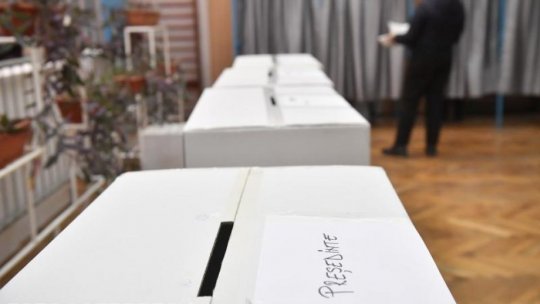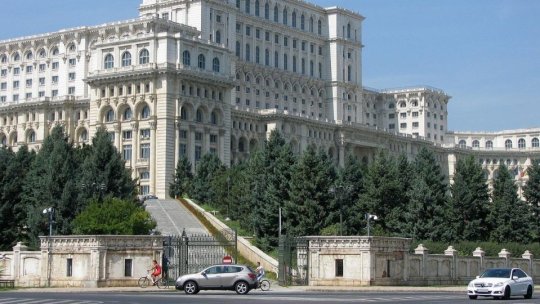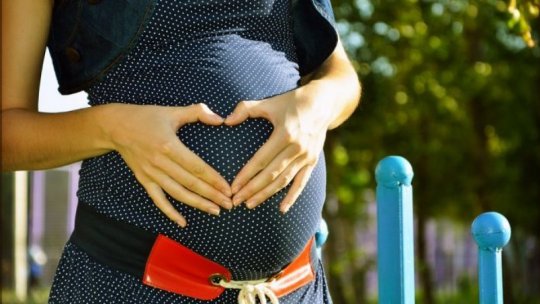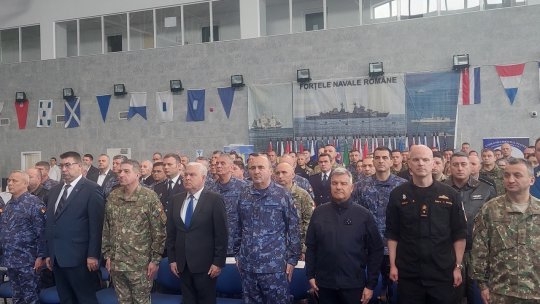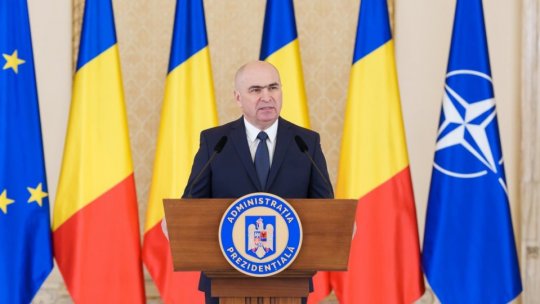Romania and the Refugee Quota
The proposals of the EC regarding the allocation of refugee quotas are interpreted differently. Romania claims it cannot receive a greater number than the one initially assumed.
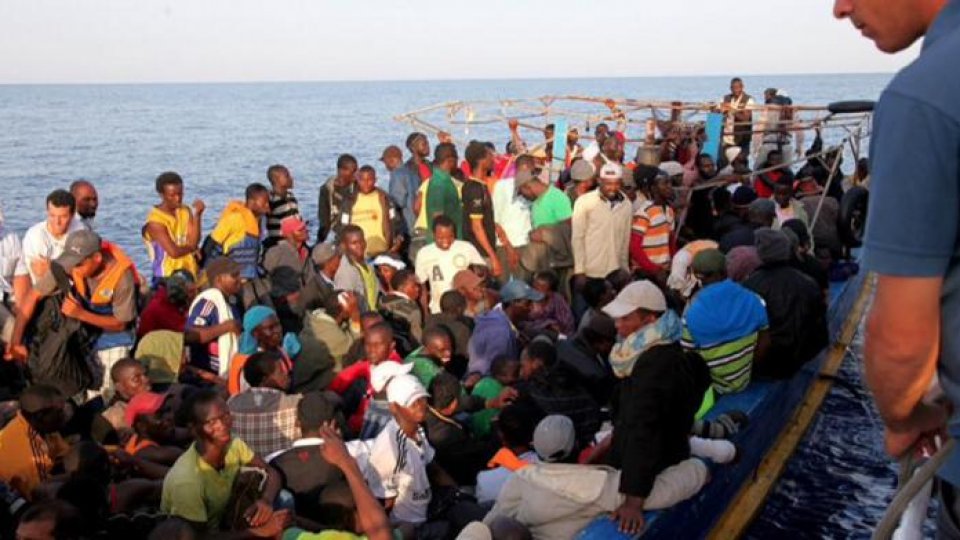
Articol de Radio România Internaţional, 11 Septembrie 2015, 13:58
The refugee crisis in the EU countries is worsening as the number of refugees increases day by day.
A ferryboat carrying 2,500 refugees left the Greek island of Lesbos with the support of the Greek government, heading for Athens.
In Hungary some motorways have been closed and the army has started training, anticipating possible clashes at the southern border.
The Danish train operating company, DSB, on Wednesday suspended trains between Denmark and Germany after the police stopped hundreds of migrants who crossed the border by means of trains.
Anticipating an increasing pressure posed by the migration phenomenon, the president of the European Commission, Jean-Claude Juncker, asked the member states to accept the relocation of 160 thousand refugees and the compulsory quotas distributed to them.
Juncker said they had the necessary means to help those who flee the wars, terror and oppression in their countries, adding that since the beginning of the year 500 thousand people have started coming to Europe.
The criteria based on which the immigrant quotas were calculated are the number of inhabitants, the GDP, the number of asylum applications and the unemployment rate.
Germany is to receive more than 30 thousand refugees, Belgium 4,500, Bulgaria 1,600, Sweden 4,500, and the Czech Republic 3,000.
The BBC writes on its web page that four countries in Central Europe – the Czech Republic, Slovakia, Romania and Poland are opposed to the idea of compulsory immigrant quotas. Romania is to be allocated another 4,646 refugees besides the 1,785 initially assumed.
In Bucharest, the Romanian authorities’ stand has not changed according to the European Commission decision.
Romania cannot afford a greater number of refugees, because this is all it can do now to support the solidarity movement at European level, says the prime minister Victor Ponta:
“Romania can receive around 1,785 refugees, and we already have 200 refugees. It’s better to present the real situation and state clearly what Romania can do to help. Compulsory quotas are not the answer, the quotas should be set according to each country’s possibilities.”
This is the starting point for establishing Romania’s viewpoint at the future European negotiations on this topic, and the country’s official stand will be finalized next week at the meeting of the Supreme Council of National Defense.
The proposals of the European Commission will be discussed on Monday by the interior ministers of the EU member countries.
Depending on the outcome of the meeting, an extraordinary meeting of the EU heads of state and government might be convened.




